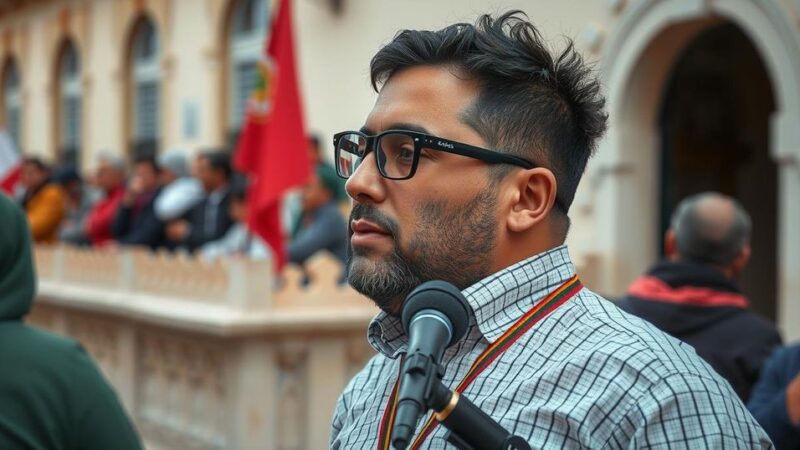The year 2024 marked a significant electoral milestone, with elections in over 70 nations showcasing global voter discontent and anti-incumbency trends. Noteworthy outcomes included the U.S. presidential election that reinstated Donald Trump and significant gains by far-right parties in Europe. Rising foreign interference and disinformation campaigns posed threats to democratic integrity, while grassroots movements in South Asia signaled hope for democratic resilience. The events of 2024 set a critical foundation for future democratic developments.
The year 2024 has been hailed as a pivotal period for global democracy, witnessing elections in over 70 nations that encapsulated the aspirations and challenges facing voters worldwide. Among the notable electoral events were India’s extensive multi-day general elections, high-stakes contests in the United States, and significant parliamentary decisions across Europe and Africa, all heightened by a backdrop of geopolitical tensions. Many incumbents faced remarkable defeats, reflecting widespread voter discontent stemming from economic stagnation and rising global conflicts.
Electoral outcomes demonstrated a pronounced anti-incumbency trend, particularly in countries like Japan, South Africa, and the United Kingdom, where traditional parties were disrupted by newcomers and fringe movements. The dramatic outcome of the U.S. presidential election, which returned Donald Trump to power, signaled deep divisions within the electorate and raised questions regarding the integrity of established democratic norms. Contrarily, India’s ruling coalition secured a third consecutive term, diverging from the anti-establishment wave observed elsewhere, suggesting a complex global democratic landscape.
A notable surge in far-right parties was observed in numerous European nations, propelled by sentiments surrounding immigration and economic distress. In the realm of governance, the ascendance of right-wing populism constituted a significant turning point, especially in France and Germany. Concurrently, the rise of disinformation campaigns and foreign interference, particularly through cyber operations by states such as Russia, China, and Iran, emerged as pressing threats to electoral integrity.
Despite the turbulence, regions like South Asia displayed promising signs of democratic resilience, as evidenced by grassroots movements in Sri Lanka and Bangladesh, particularly among youth populations advocating for reform. The developments of 2024 underscore a critical juncture for democracy globally, setting the stage for potential consolidation and renewed civic engagement in the future, despite persistent challenges.
The 2024 elections were characterized by substantial voter engagement in various democracies, reflecting an urgent global moment marked by frustration over economic conditions, governance challenges, and geopolitical tensions. The year was notable for the sheer number of elections, with over 70 countries participating, illustrating a widespread electoral phenomenon that highlighted both the strength and vulnerabilities of democratic systems. Voter sentiment indicated a disillusionment with traditional political parties, leading to significant shifts in political landscapes across multiple nations, including the rise of populism and far-right ideologies, alongside concerns about election integrity and foreign influence.
In summary, the 2024 electoral season highlighted a complex interplay of voter dissatisfaction, rising populism, and threats to democratic integrity across the globe. While the outcomes reflected a backlash against incumbents and established political entities, they also revealed the resilience of democratic movements in regions like South Asia. As we look toward the future, the implications of these elections could foster democratic consolidation, albeit amid the challenges posed by globalization and radical ideologies. It remains to be seen how this electoral momentum will shape democratic institutions and values in the coming years.
Original Source: www.orfonline.org







